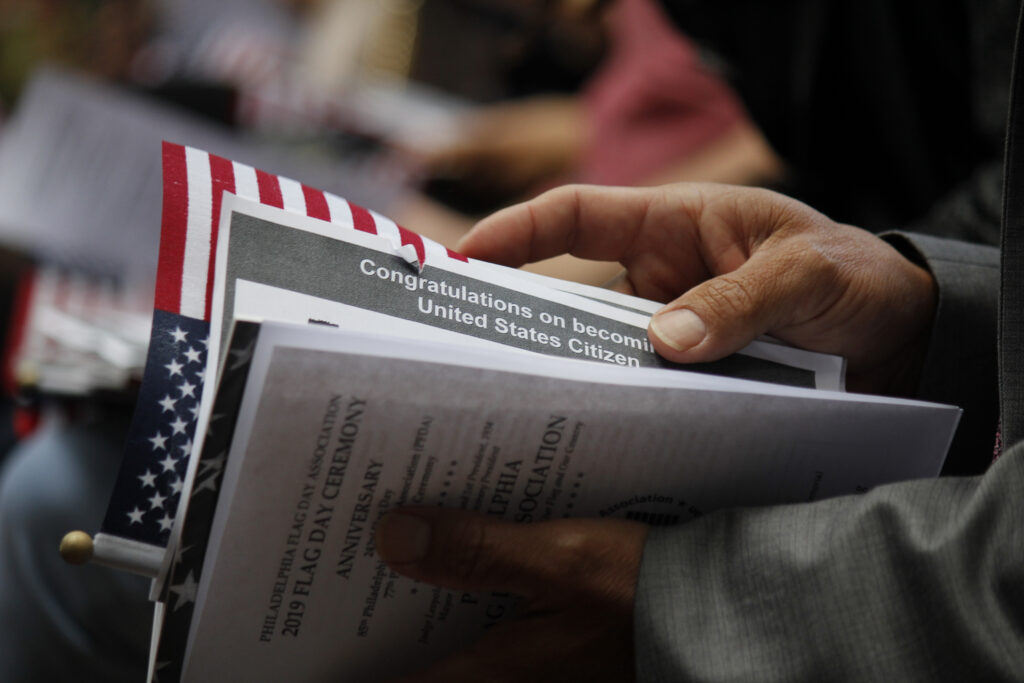Pimping and pandering sound similar enough that someone could get them confused. But legally, they’re different terms, although both are related to prostitution. Both can lead to significant consequences, including stiff fines and jail time. Here’s what you need to know.
What Is Pimping?
Within the realm of prostitution, pimping happens when someone earns money for assisting in someone else’s acts of prostitution. They may procure customers for the prostitute or other connections. One thing that’s not valid is if someone drives a prostitute to an appointment with a client, then picks them up again afterward and asks for money for gas. The money exchanged should represent a fee or sharing of earnings, not reimbursement of gas.
What Is Pandering?
Pandering happens when someone convinces someone else to become or remain a prostitute. This can be connected to pimping, as the person doing the convincing may be looking to receive income from the person being persuaded.
What Are the Consequences for Pimping and Pandering Convictions?
The consequences vary depending on several factors. The crimes start as misdemeanors, which aren’t as serious as felonies but can be increased into a felony depending on the circumstances. Felonies are more severe than misdemeanors and can have harsher outcomes. These are just some examples of what can happen if someone is convicted of prostitution crimes related to pimping and pandering. Because charges can escalate depending on the specifics of each case (including whether or not it’s a first conviction), it’s highly advisable to work with an experienced sex crime defense attorney if you’ve been charged with any of these.
- Procuring a prostitute for someone else can lead to a fine of up to $500 and/or jail time of up to two years.
- Earning money from a prostitute’s actions can lead to a maximum fine of $10,000 and/or prison for up to 10 years.
- Owning or maintaining a site where prostitution activity takes place can lead to a prison term of two years.
One factor that can significantly increase the severity of the consequences is if a minor is involved in prostitution. That can lead to a maximum fine of $5,000 and/or up to five years in prison and could end up with the convicted person having to register as a sex offender. In Massachusetts, that means being on the registration, which is a public database, for 20 years after they’re released from prison or were convicted, whichever comes first. During those 20 years, they must re-register annually.
What Are Other Prostitution Crimes in Massachusetts?
There are several laws covering acts of prostitution and anyone involved with them. Actual consequences will vary depending on the circumstances of the arrest. Still, as with pimping and pandering, any act of prostitution that involves a minor is likely to face more severe outcomes, as would multiple convictions.
- Engagement in sexual conduct for payment. This could be more commonly referred to as prostitution, and it’s worth noting that the act only has to be offered and agreed to, not actually happen, for the person offering the conduct for payment to be charged with a crime. This can lead to fines of up to $500 and/or imprisonment for up to one year.
- Agreeing to pay for sexual conduct. The person who agrees to pay for sex, even if the act doesn’t actually happen, can face fines of up to $5,000 and/or jail time of up to 2.5 years. If the person they’re trying to pay for sexual conduct is a minor, they could face up to $10,000 in fines and/or up to 10 years in prison.
- Someone who has a Massachusetts teaching license and is found guilty of any of these crimes, including pimping and pandering, could have their license revoked. Massachusetts teaching laws specify teaching licenses can be revoked if the teacher is found guilty of acts of moral turpitude, which include all of the above.
What Does It Take for the Prosecution to Prove Pimping and Pandering Cases?
The prosecutor in court must prove beyond a reasonable doubt that the two following things were true and provable.
- The person charged paid, agreed, or offered to have sex with another person for a fee.
- The person charged either received part of that fee as part of the transaction or actively recruited the person to act as a prostitute.
Again, the sexual act doesn’t have actually to happen–it just needs to have been agreed to by both parties.
What Are Some Possible Defenses in Pimping and Pandering Cases?
Each case is unique, so there’s no one-size-fits-all defense. There are some common tactics used to defend someone against these criminal charges, depending on the circumstances of each case.
What works for one may not work for another, and your lawyer would need to know your specifics to propose a course of action.
- Insanity. The person accused of pimping or pandering wasn’t of sound mind.
- Entrapment. Massachusetts law prevents law enforcement officers from convincing someone who had no intention of committing a crime into actually doing that.
- Factual error. In a nutshell, the wrong person was charged.
What Should I Do if I’ve Been Charged with Pimping or Pandering?
Call Toland Law, LLC, at 857-347-3701 to request a free consultation. These can be serious charges with significant consequences if convicted. Our team of experienced, knowledgeable criminal defense attorneys can walk you through your case and determine the best plan of action to achieve the best outcome might be.








